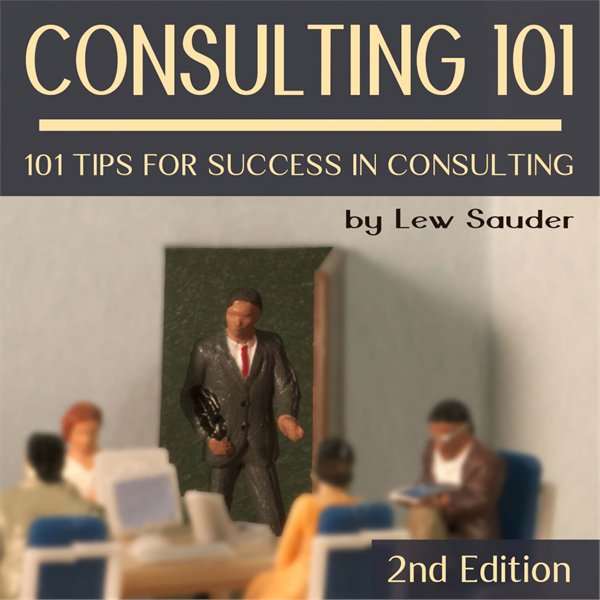I once knew an executive to which many people attributed the “genius” title. She was very smart. She had come up with an excellent approach to solving a problem. It was simple. It was inexpensive to implement. Most of all, it was very effective. When people adopted the approach, it worked with unbelievable success.
She took her idea and tried to implement it at a new company. But she was very inflexible about it. It had to be done exactly the way she had defined it. On top of that, if someone’s approach varied outside of her parameters, she would publicly berate them for it.
Before long, no one wanted anything to do with her or her approach. When she wasn’t around, they would ridicule her approach and do things their own way. As time went on, she couldn’t figure out why people hadn’t adopted her genius idea. Why was it such a fight to get them to do something that was so obviously a great approach?
Perhaps you’ve experienced this with some variation. You come up with a great idea, you propose it to the powers that be, and it is canned before you get back to your desk.
You’re certain that if someone else came up with the same idea that it would have been adopted.
Therein lies the problem.
If it would have been implemented had someone else had come up with the idea, it may be an issue of credibility.
The credibility of a policy or procedure is directly associated with the credibility of the original idea.
In the executive’s case, she eroded her credibility by humiliation and alienation. She pushed people away to the point where they didn’t respect her or her opinions.
If someone makes a suggestion that is summarily dismissed, it could also be an issue of credibility from various angles:
Did you confer with others?
Some people come up with an idea in a vacuum. Perhaps they fear that if they share the idea, someone will steal it and claim it as their own. Maybe they don’t’ want to share the glory and keep the idea all to themselves.
By keeping an idea under wraps, people often don’t apply critical thinking to it. They present the raw idea that has not been through any refinements. Presenting to an executive committee is much like a Shark Tank presentation. Executives expect the idea to be sound and shovel-ready. If it is not, it gets shot down without the benefit of considering alterations.
Related post: How Making Noise Hurts Your Team’s Productivity
Where do you stand historically with the organization?
Have you presented bad ideas in the past? Your credibility from your past will directly affect how your ideas are received in the present.
Are you in the “in crowd?”
No matter what your past history is, if the team you present to is cliquish or exclusionary in any way – and you’re not in their crowd, your idea has very little chance of having credibility with the group.
For more information, check out The Importance of Leadership in Project Management
Have a strategy
If you want people to adopt your idea, you need to have a strategy for implementation. If the executive had worked with her people rather than against them, she would have developed a few champions; champions with “team cred.” Those champions would have recruited more believers. As the circle widened, the idea would have “culturized” and become the standard practice.
When presenting an idea to an executive team, develop a master-mind team to help you perfect the idea. Shoot holes in it and fix them until you can’t shoot any more holes in it. Present the final idea as a sound idea rather than a partially thought up stroke of genius.
If you lack credibility with the decision makers, recruit someone to your mastermind team that does. You may have to share the credit for your great idea, but at least your great idea will be implemented. And that’s the whole point of it.
When have you struggled with credibility with your ideas?
If you would like to learn more about a career in Project Management, get Lew’s book Project Management 101: 101 Tips for Success in Project Management on Amazon.
Please feel free to provide feedback in the comments section below.






Great blogs!
Thanks Maria. I really appreciate your feedback.